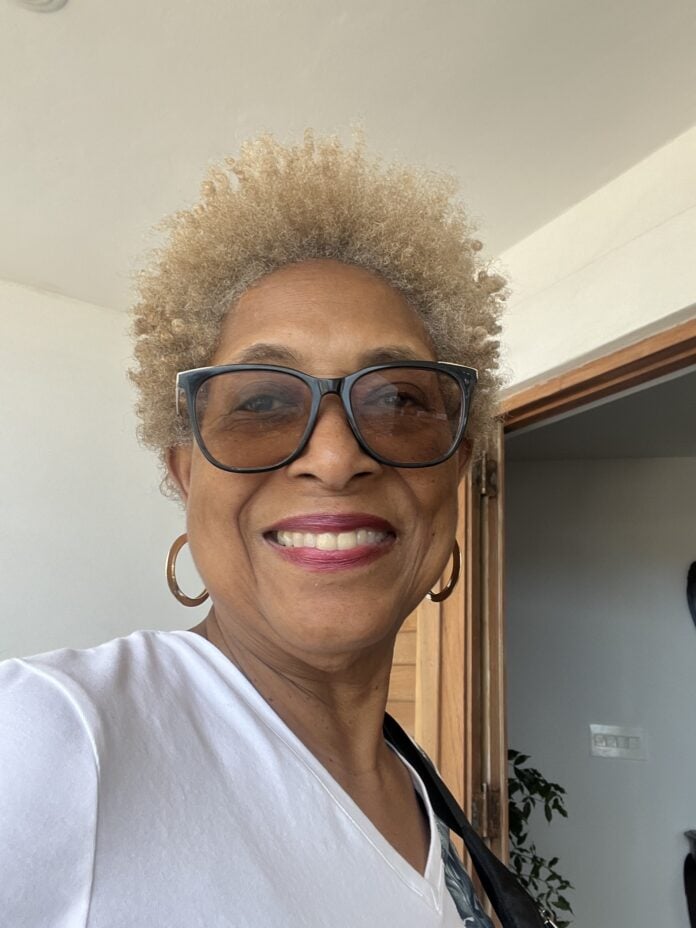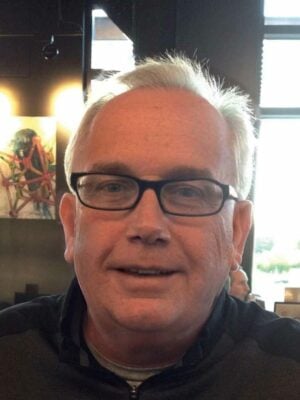My journey with Alzheimer’s and dementia spans more than 15 years, two generations, and countless memories that were both heartbreaking and heartwarming.
I’ve lost both my mother and my husband to these diseases — but I’ve also gained perspective, purpose and a deep understanding of what it means to truly care for someone.
My mother was diagnosed with Alzheimer’s around 2007. We didn’t know much about the disease then, but we knew we needed to learn. My brother and I were invited to a conference hosted by the Alzheimer’s Association Greater Indiana Chapter, and that one event changed everything. It opened our eyes and gave us the tools to walk this road with her and not feel lost.
Years later, when my husband began showing signs of dementia, it was different. He was my partner, my everyday person. His diagnosis in 2021 came after years of minor signs like getting lost on a drive, confusion and forgetfulness. And while no two experiences are the same, I was better prepared because of what I’d learned with my mom. More than anything, I wasn’t afraid. I knew I wasn’t alone.
That’s one of the biggest lessons I want to share: you don’t have to do this alone.
Caregiving weighs on you mentally, physically and spiritually. And in many Black households, we don’t talk about these diseases enough. We sometimes hide it or feel like we should handle it ourselves. But that isolation doesn’t help anyone — not the caregiver or the person cared for.
You’ve got to build your village. I leaned on friends, family, and even my book club. My husband was a Vietnam veteran, so I tapped into VA benefits. The Alzheimer’s Association was with us every step of the way. They offered education, counseling, community, advocacy training — you name it. We even made the annual Walk to End Alzheimer’s a family event, complete with wings, music and a whole lot of love. It was our way of celebrating life, even in the face of loss.
And if you’re a caregiver, I’ll tell you this: take care of yourself. Seriously. You cannot pour from an empty cup.
I joined Black Girls Run and scheduled walks like doctor’s appointments. I’d walk out the back door as the caregiver walked in the front. I discovered respite care options so I could travel and recharge. I prioritized my mental health and didn’t feel guilty for doing so. I had to stay healthy, not just for my husband but for myself.
I know not everyone has the same resources or family support, and I don’t take that for granted. But help is out there. The Alzheimer’s Association offers it freely. Whether you’re just noticing signs in a loved one or deep in the thick of caregiving, they have tools, people and knowledge to lighten the load.
You’ll never get it all perfect because perfection isn’t possible. But you can still show up every day with love and intention. You can make decisions that give your loved one dignity and the best quality of life possible. And you can do it without sacrificing yourself in the process.
I miss my husband deeply, but I have no regrets. I did the best I could, and I did it with love. If sharing my story helps even one family feel less alone, it’s worth every word.
Let’s keep talking about Alzheimer’s and dementia in our communities. Let’s break the silence and the stigma. And most of all, let’s take care of each other.




